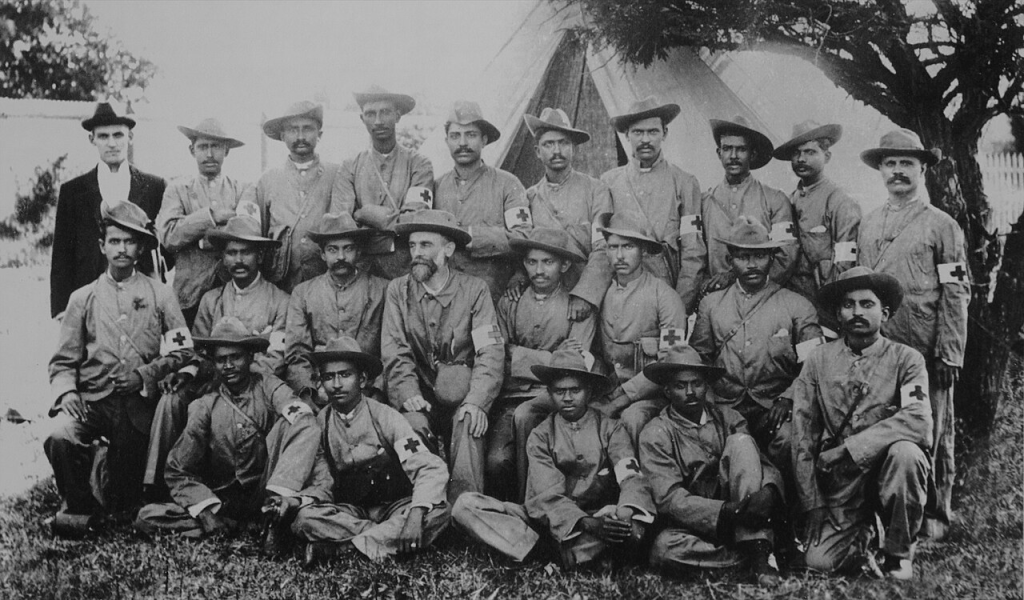
What if the heroes of textbooks were not as great as we imagined them to be? For years, certain rulers, inventors, and cultural figures have been celebrated for their contributions, but the secrets behind the praise were secrets that did not surface until centuries later, when they had passed away. These discoveries do more than tarnish one’s reputation; they question how society determines who is a model and must be remembered with a grain of salt.
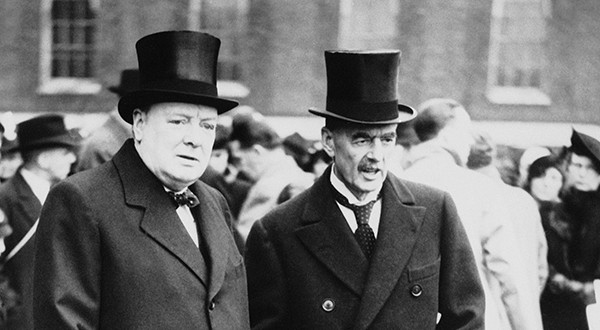
The fact is, history is never black and white. Most of these individuals had irreproachable contributions to their countries or to mankind in general, but later committed things contrary to the moral code of the time. Due to declassified documents, firsthand testimony, and contemporary scholarship, we today have a better picture, one which compels us to contend with the uncomfortable duality of human heritage.
Here are seven historical icons whose hidden wrongdoings only emerged after their deaths, reshaping how the world sees them.
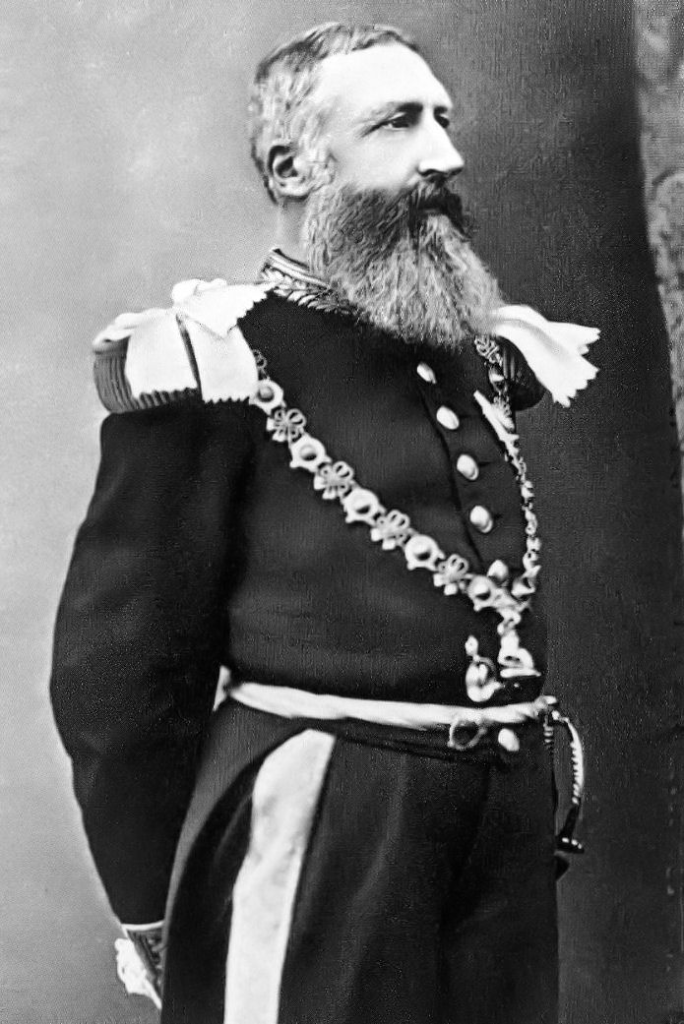
1. King Leopold II’s Colonial Atrocities
Belgian King Leopold Ii was for decades acclaimed for having spread the world power of his country. The reality behind his personal ownership of the Congo Free State was appalling. Historians have found that his regime’s forced labour system killed millions due to starvation, disease, and brutality.
The scale of the abuse wasn’t fully recognised until the 20th century, when missionaries, journalists, and eventually scholars pieced together survivor testimonies and colonial records. Today, Leopold’s name is synonymous with one of the most brutal exploitation campaigns in history, overshadowing any imperial prestige he once enjoyed.
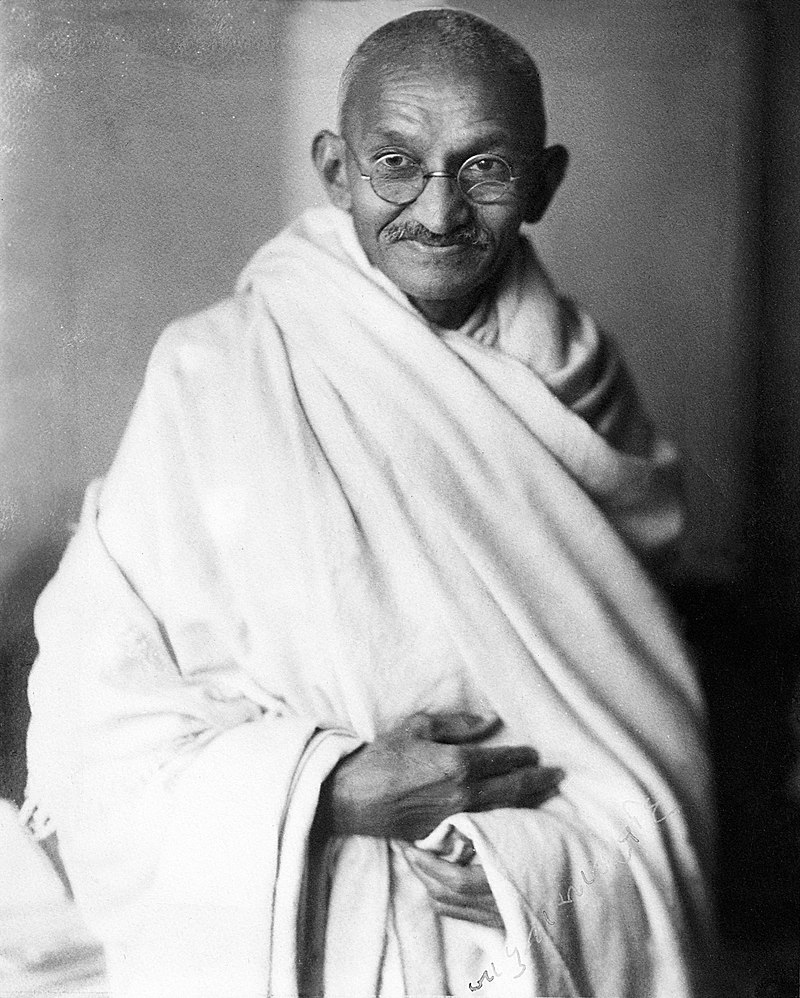
2. Mahatma Gandhi’s Racial Prejudices
Mahatma Gandhi’s global image as a champion of nonviolent resistance is firmly entrenched, but his early years in South Africa tell a more complicated story. Writings from that period reveal that he accepted racial hierarchies and even used derogatory language toward Black South Africans.
He campaigned for Indian prisoners to be housed separately from Black inmates, reflecting a worldview at odds with his later advocacy for equality. These revelations, brought to light through archival research, have prompted a more nuanced conversation about Gandhi’s legacy and the evolution of his beliefs.
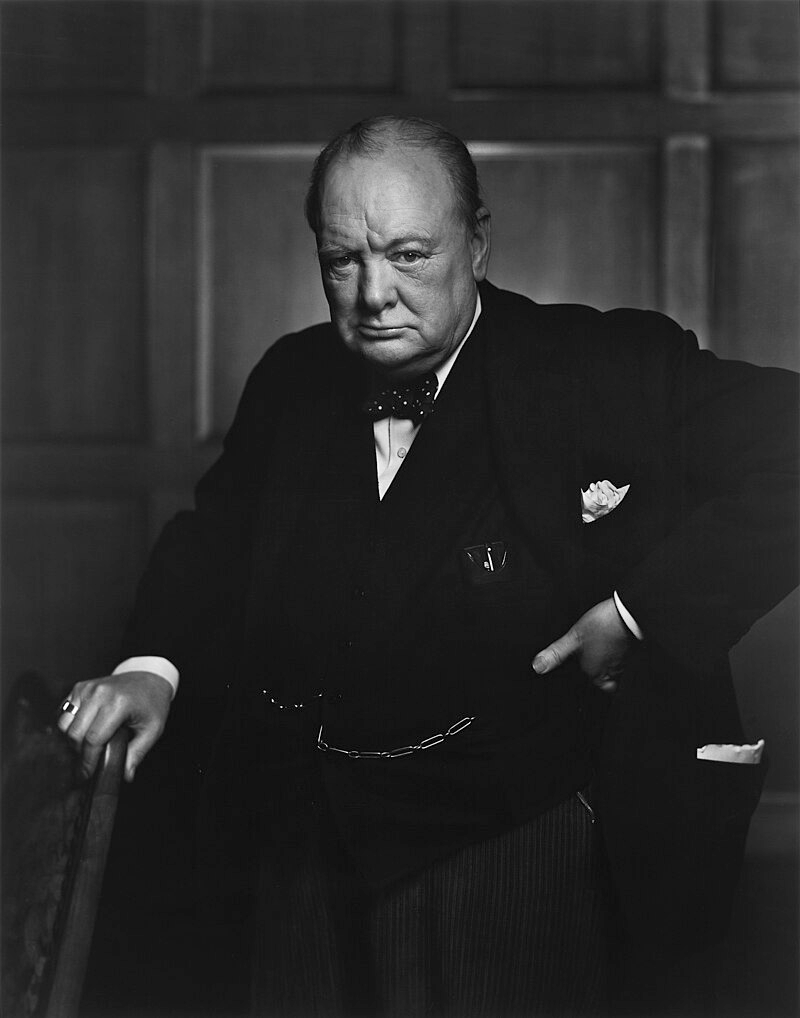
3. Winston Churchill and the Bengal Famine
Winston Churchill is usually credited with having saved Britain from the war, but newly released government documents uncovered a dark page. Behind the 1943 Bengal Famine which caused more than 3 million deaths, Churchill’s policy and his contemptuous comments regarding the fiasco made the tragedy more terrible.
It was not until recent decades that academics linked the scale of the famine to his conduct, reevaluating the story of a master tactician whose genius came at colossal humanitarian expense.

4. Mother Teresa’s Dubious Missionary Work
Mother Teresa’s name became synonymous with charity, but posthumous probes exposed otherwise. Former volunteers and journalists have uncovered the manner in which her clinics barely provided basic health care, and painkillers were even denied in order to sanctify suffering.
Her edict reaped millions in donations but raised concern regarding financial openness and her entourage with fascist personalities. Her disclosures generated controversy regarding whether her decision relieved distress or lengthened it under religious dogma.
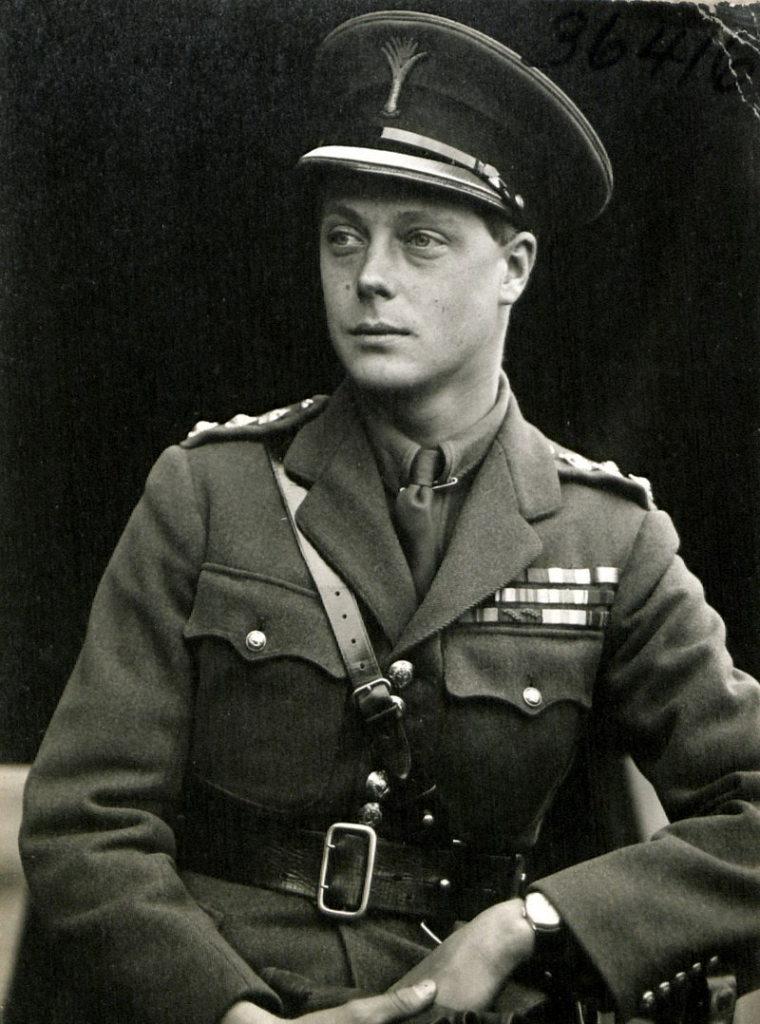
5. Nazi Affiliations of Edward VIII
Edward VIII’s abdication in 1936 was framed as a romantic sacrifice, but decades later, declassified documents revealed a political scandal. Files showed that the former king maintained sympathies for Nazi Germany and met with Hitler’s regime in the years leading up to World War II.
The government of Britain actively suppressed this fact for decades and presented him as a lovesick prince to that of a politician whose political ideals could have been disastrous for Britain.
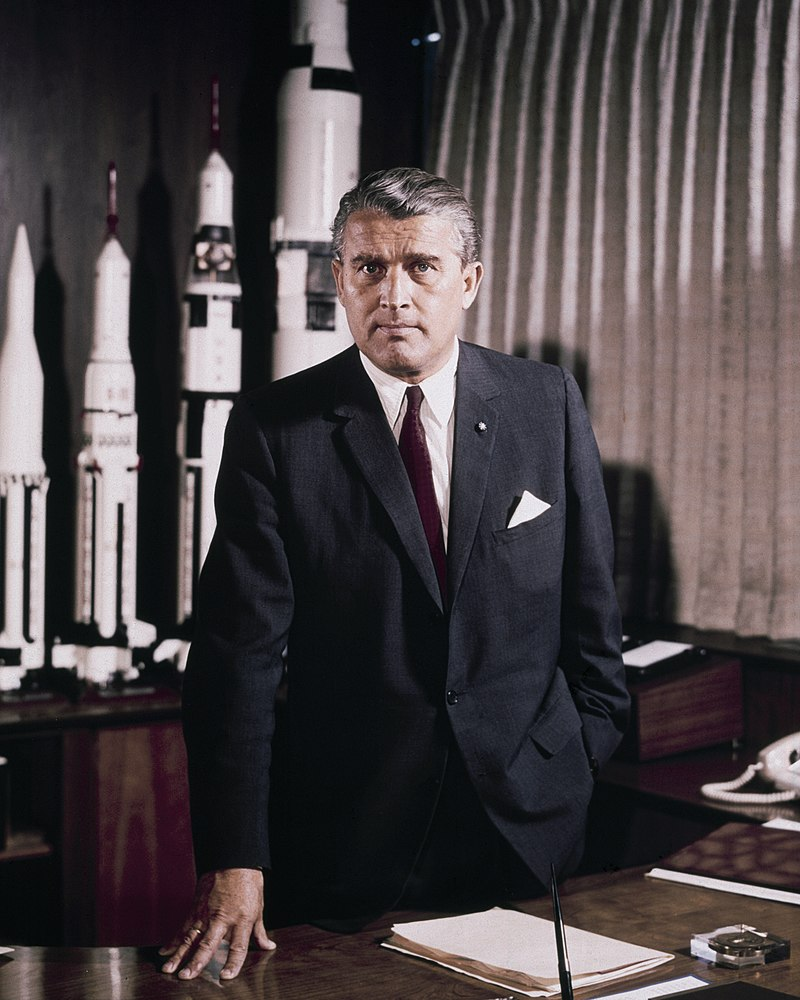
6. Werner von Braun’s Utilization of Forced Labor
Werner von Braun, the so-called prophet who designed NASA’s Saturn V rocket, had a Nazi Germany-dominated background. Official records made public many years later confirmed he employed concentration camp slave labor in constructing V-2 rockets for World War II.
Imported to America through Operation Paperclip, von Braun’s brilliance started the space race into orbit, but the wartime human toll of his work forever marred his reputation.
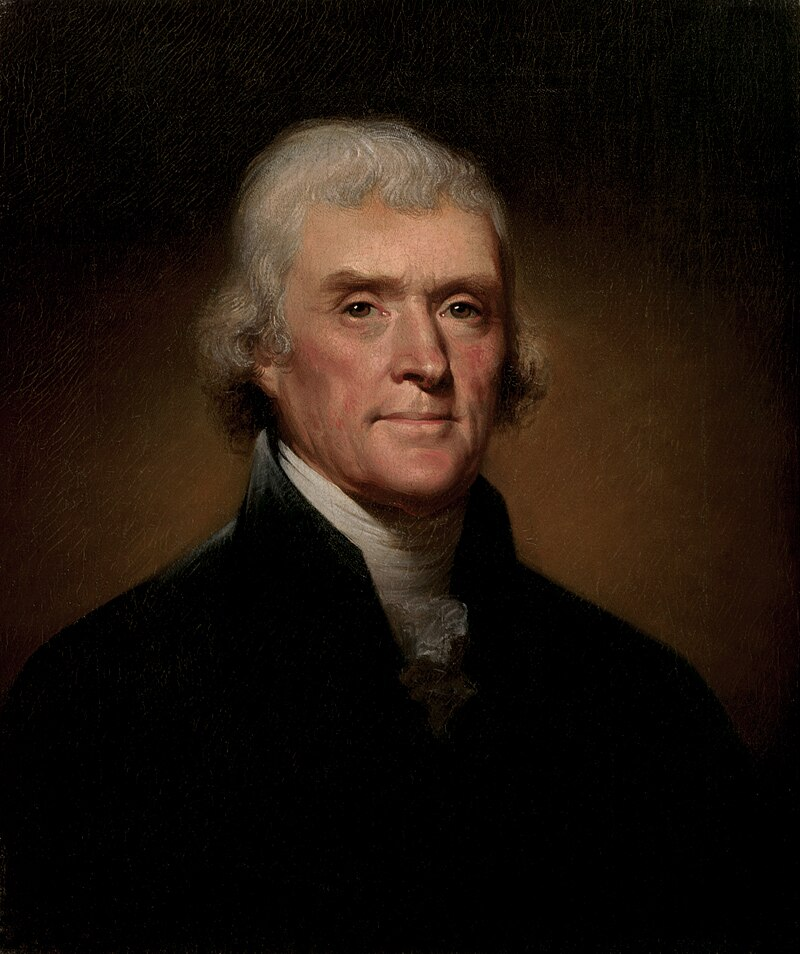
7. Thomas Jefferson’s Secret Exploitation
Thomas Jefferson’s writing of the Declaration of Independence solidified his position in American history, but some aspects of his private life were suppressed for decades. DNA examination proved his long-term sexual relationship with Sally Hemings, a slave child in his household, who had given birth to several children by him.
In addition to the fact that he enslaved and owned more than 600 individuals throughout his life, these disclosures have brought about a reckoning with contradictions involving his political ideology and private behavior.
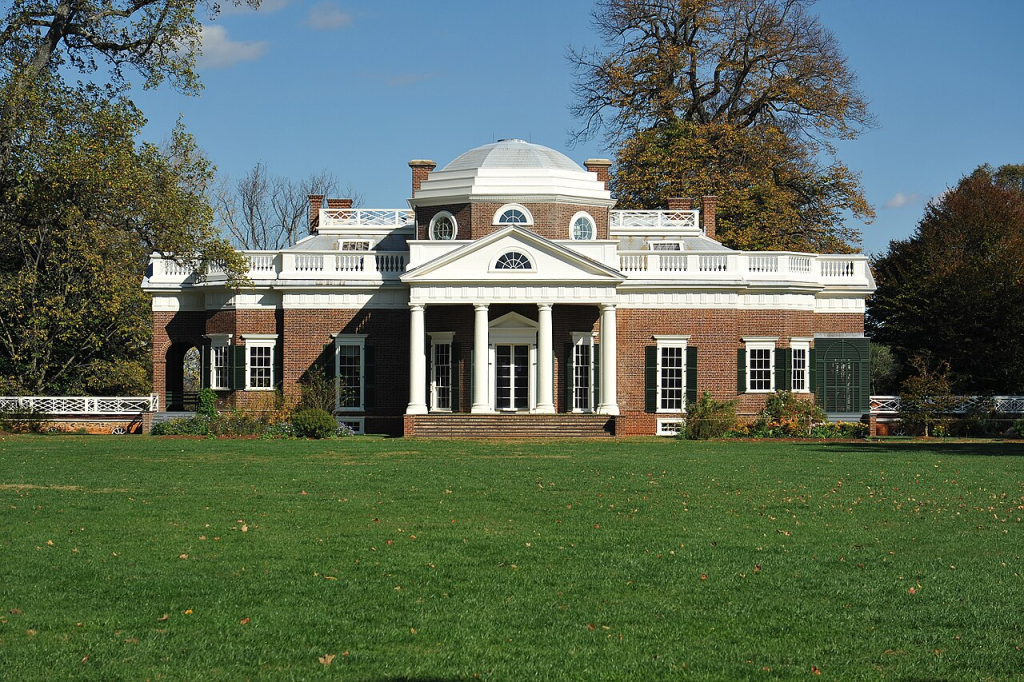
The posthumous revelations of these icons are also a reminder that history is a living story, one that changes with the evidence we seek out and confront. By embracing both the triumphs and the flaws of significant people, society acquires a more sagacious, if distasteful, view of its past. It isn’t about concealing history; it’s about filling out history so we may have the whole truth, so admiration becomes commingled with accountability.


